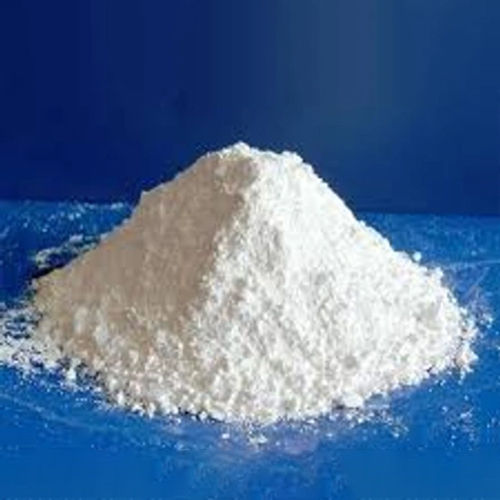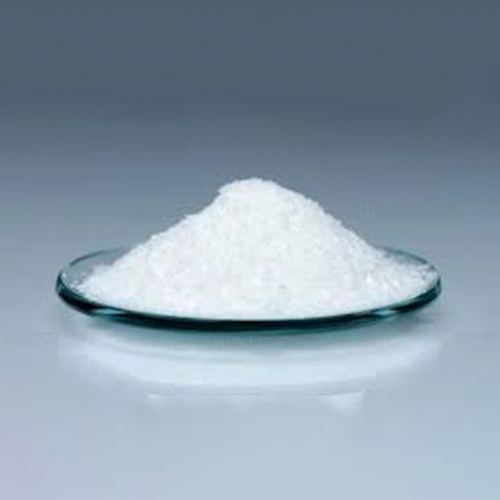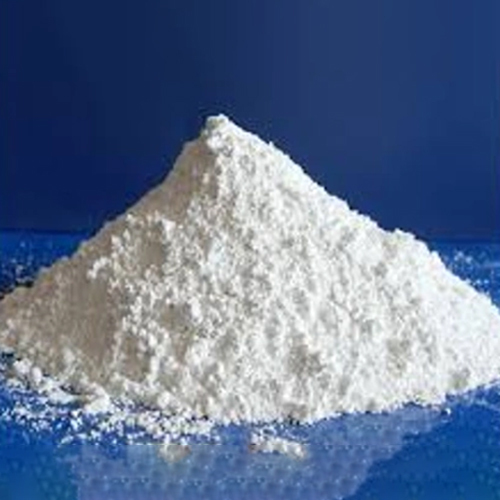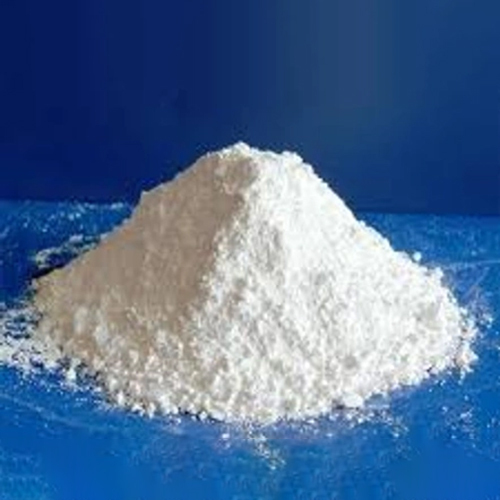Barium Sulphate
Product Details:
Barium Sulphate Price And Quantity
- 10 Kilograms
- 48400.0 INR/Kilograms
Barium Sulphate Trade Information
- Nhava Sheva
- Cash Advance (CA) Cash in Advance (CID)
- 5000 Kilograms Per Month
- 7 Days
- No
- Sample costs shipping and taxes has to be paid by the buyer
- As per requirement of buyer
- Australia Central America North America South America Eastern Europe Western Europe
- Central India
- ISO 9001:2015
Product Description
Chemical Composition and Characteristics
Barium Sulphate, with the chemical formula BaSO, is an inorganic compound comprising barium (Ba), sulfur (S), and oxygen (O). It appears as a white crystalline powder and is insoluble in water, acids, and bases, which contributes to its stability and inertness in various environments. Its CAS number is 7727-43-7, and it possesses a molecular weight of approximately 233.39 g/mol. Barium Sulphate is naturally found in the mineral barite, which is mined and processed for both industrial and medical applications.
Physical and Chemical Properties
Barium Sulphate exhibits unique physical and chemical properties that make it valuable across numerous industries. It has a high density of about 4.5 g/cm, which is relatively heavy for a non-metallic compound, and this contributes to its role in applications that require weight and density, such as drilling fluids. Its melting point is around 1,580C (2,876F), while it decomposes without boiling. The compound is highly insoluble, with solubility in water being less than 0.0001 g per 100 mL, making it chemically stable even in harsh conditions.
Synthesis and Production
Industrial production of Barium Sulphate usually involves mining natural barite (BaSO) or synthesizing it through chemical reactions. In the latter, it is commonly produced by reacting barium salts, like barium chloride, with sulfuric acid. This reaction yields a fine, pure form of Barium Sulphate, known as blanc fixe, which is used in high-purity applications like pigments. Barium Sulphate is also used in precipitated form for applications where a refined, uniformly-sized particle is needed.
Industrial Applications
-
Oil and Gas Drilling: One of the most significant uses of Barium Sulphate is in the oil and gas industry, where it acts as a weighting agent in drilling fluids. Due to its high density, it helps balance the pressure in oil wells, preventing blowouts and maintaining stability during drilling.
-
Plastics and Rubber: Barium Sulphate serves as a filler in plastics and rubber, imparting strength, durability, and a smooth finish to the final product. It improves resistance to scratches and enhances the opacity of plastics, especially in applications requiring strong resistance to UV radiation.
-
Paints and Coatings: Due to its brightness and whiteness, Barium Sulphate is a key pigment extender in paints and coatings. It is used to improve the gloss, smoothness, and chemical resistance of paints. It can also be combined with other pigments to provide specific color tones and properties.
-
Medical Imaging: Barium Sulphate is widely used in radiology as a contrast agent for X-ray imaging. Its high atomic number makes it highly opaque to X-rays, providing clear images of the gastrointestinal (GI) tract. It is non-toxic when ingested in a medical-grade, purified form and is commonly administered as a suspension in barium meals or enemas.
-
Pharmaceuticals: In addition to its diagnostic role in imaging, Barium Sulphate is used in pharmaceuticals to manufacture tablets that require high opacity and durability. Due to its inertness, it remains stable without interacting with other components, making it safe for these applications.
Environmental and Safety Considerations
Though Barium Sulphate is non-toxic in its insoluble form, precautions are needed when handling it in powdered form to avoid respiratory issues from inhaling fine dust. In environmental contexts, Barium Sulphate is stable and does not dissolve, thus it poses minimal risk of leaching or contaminating groundwater. However, waste disposal should comply with regulatory standards to prevent any long-term environmental impacts.
Conclusion
Barium Sulphates unique combination of stability, density, whiteness, and inertness makes it indispensable in various fields, from industrial applications in oil drilling and paint manufacturing to critical roles in medical imaging. Its versatility underscores its value as a multifunctional compound, adapting to the needs of multiple industries while maintaining safety and effectiveness.

 Send Inquiry
Send Inquiry



